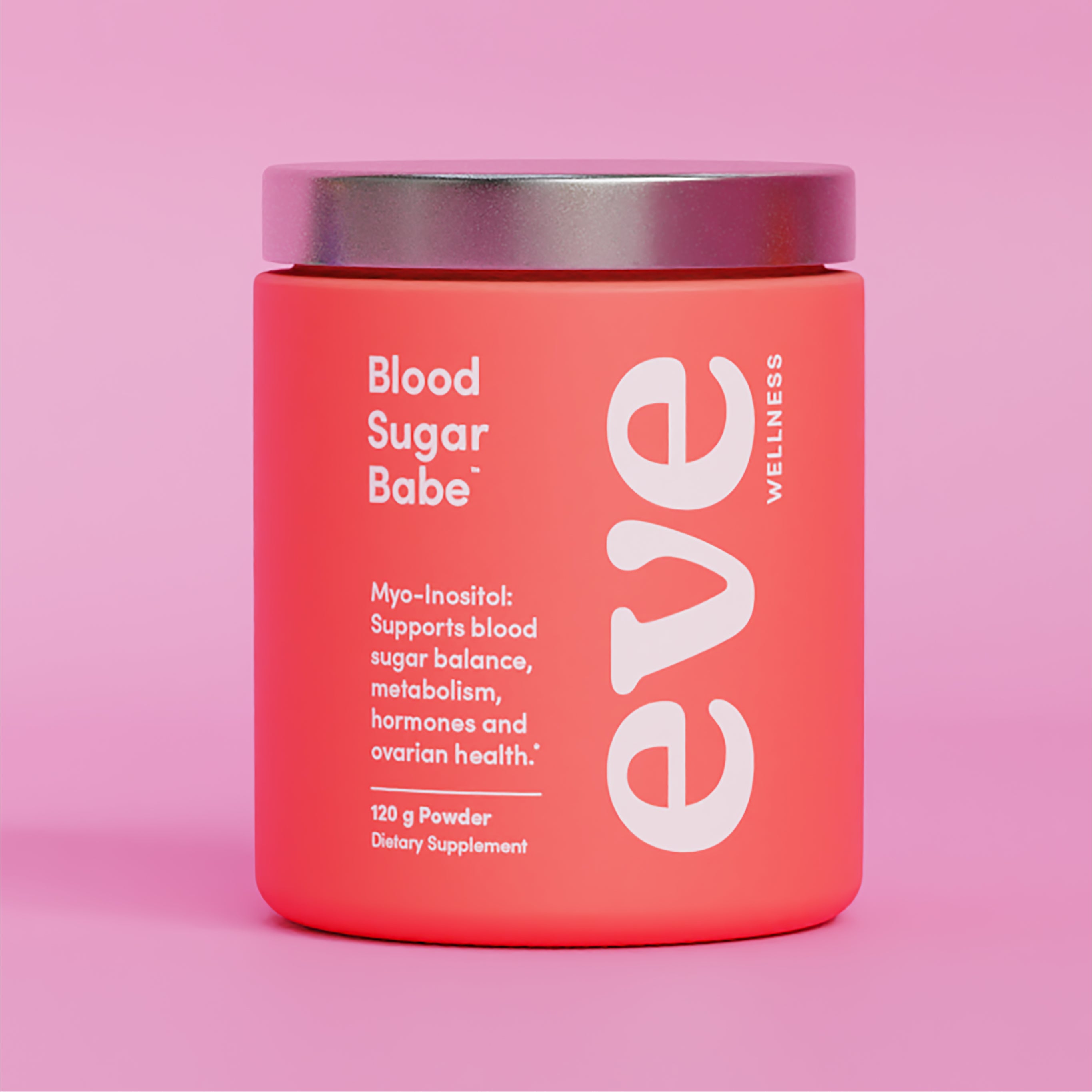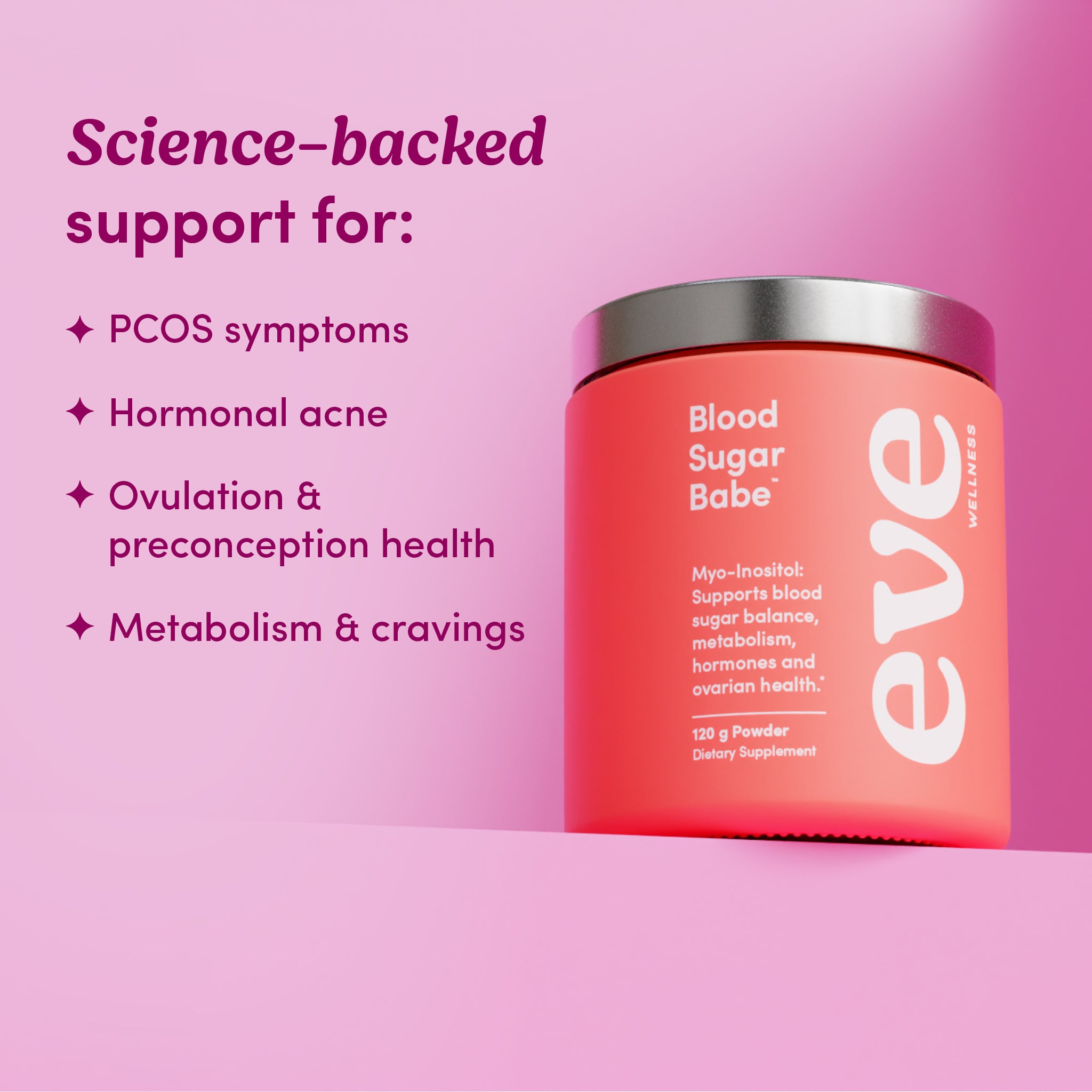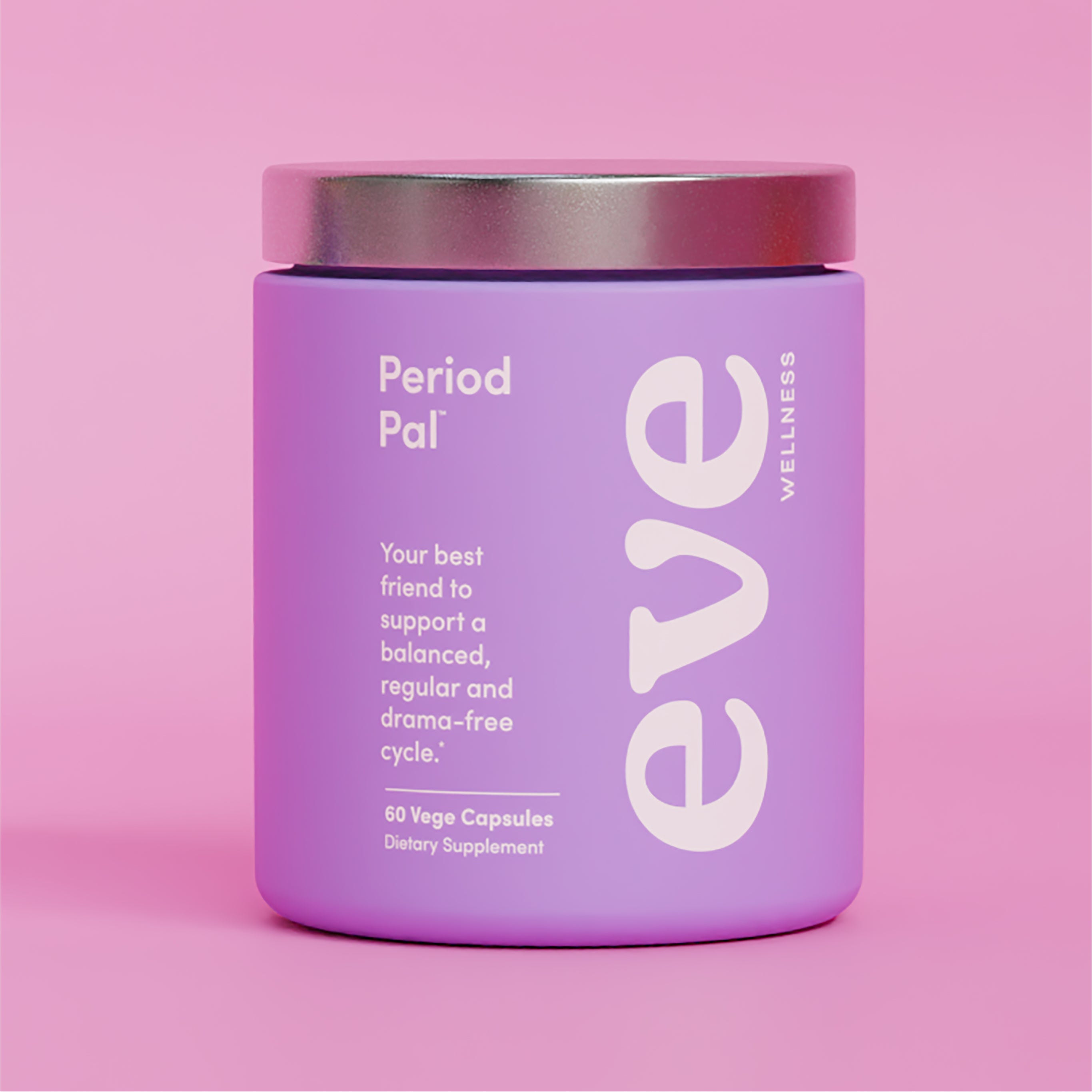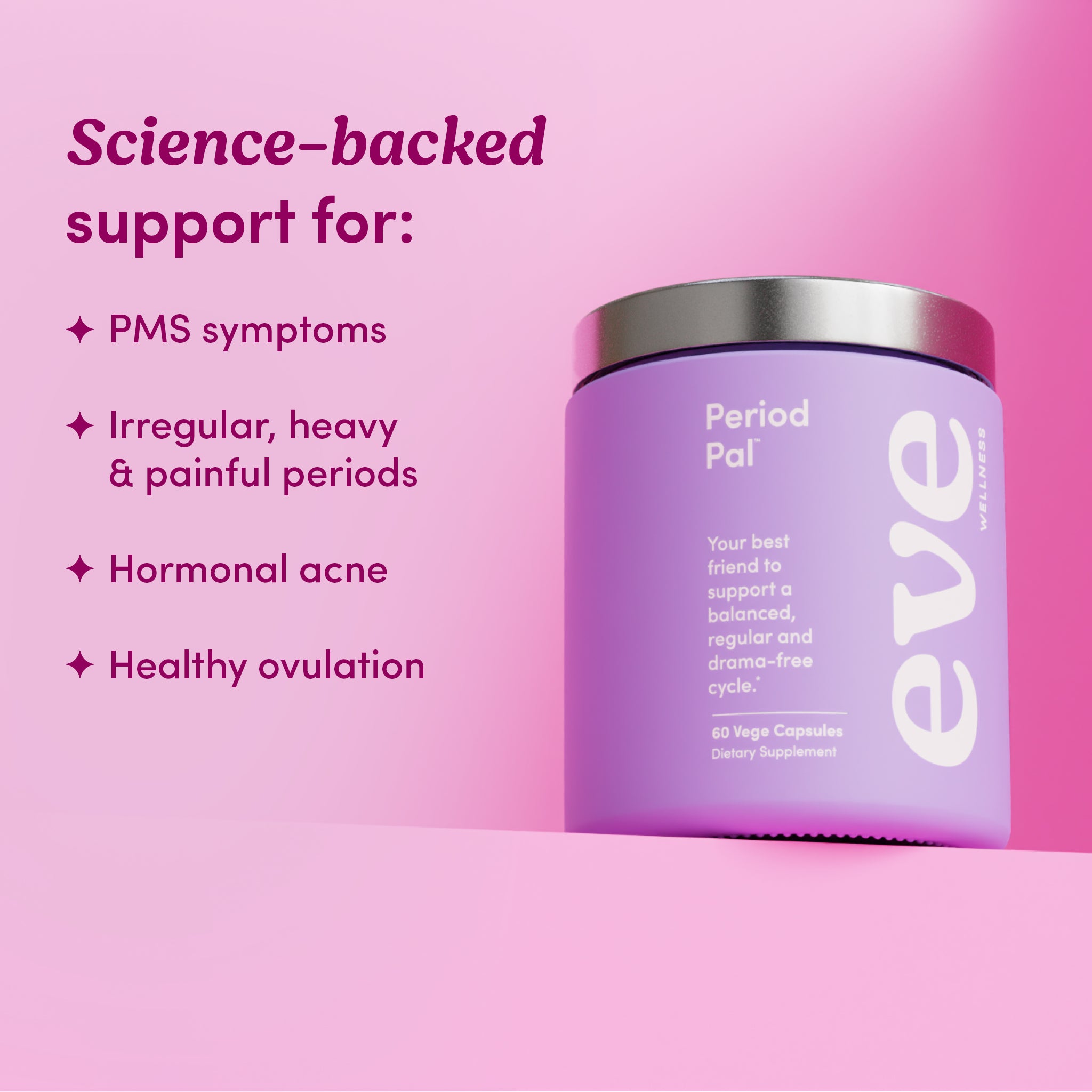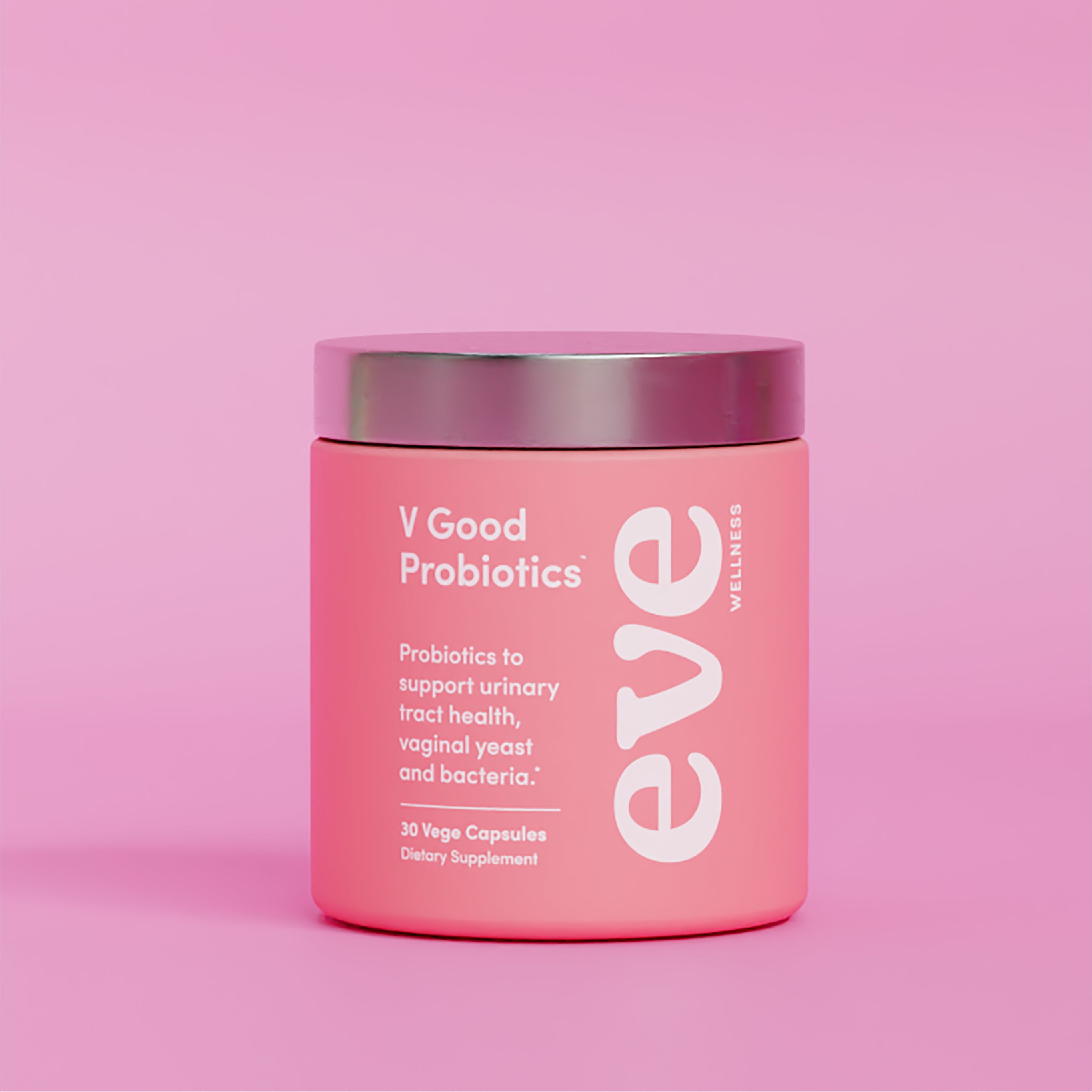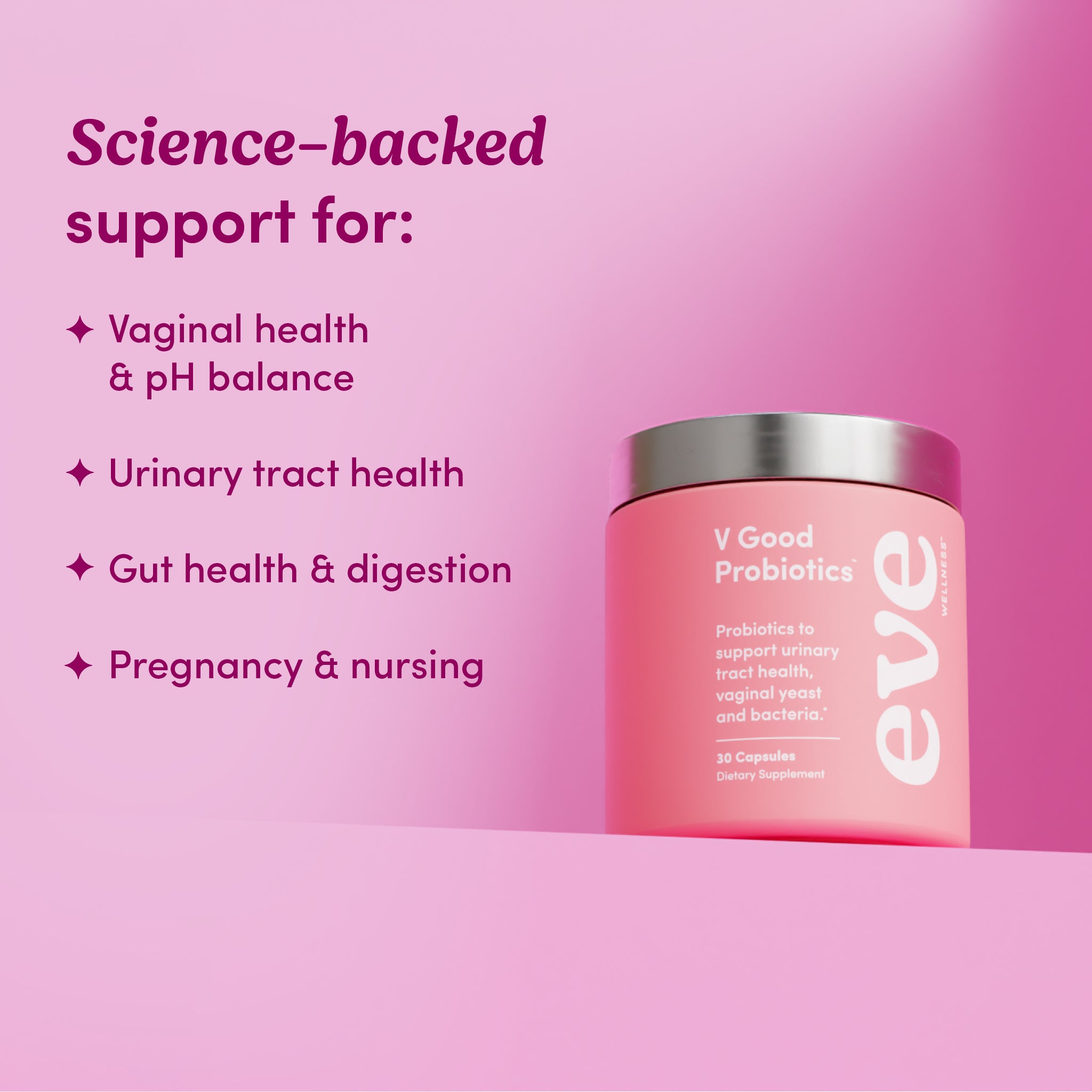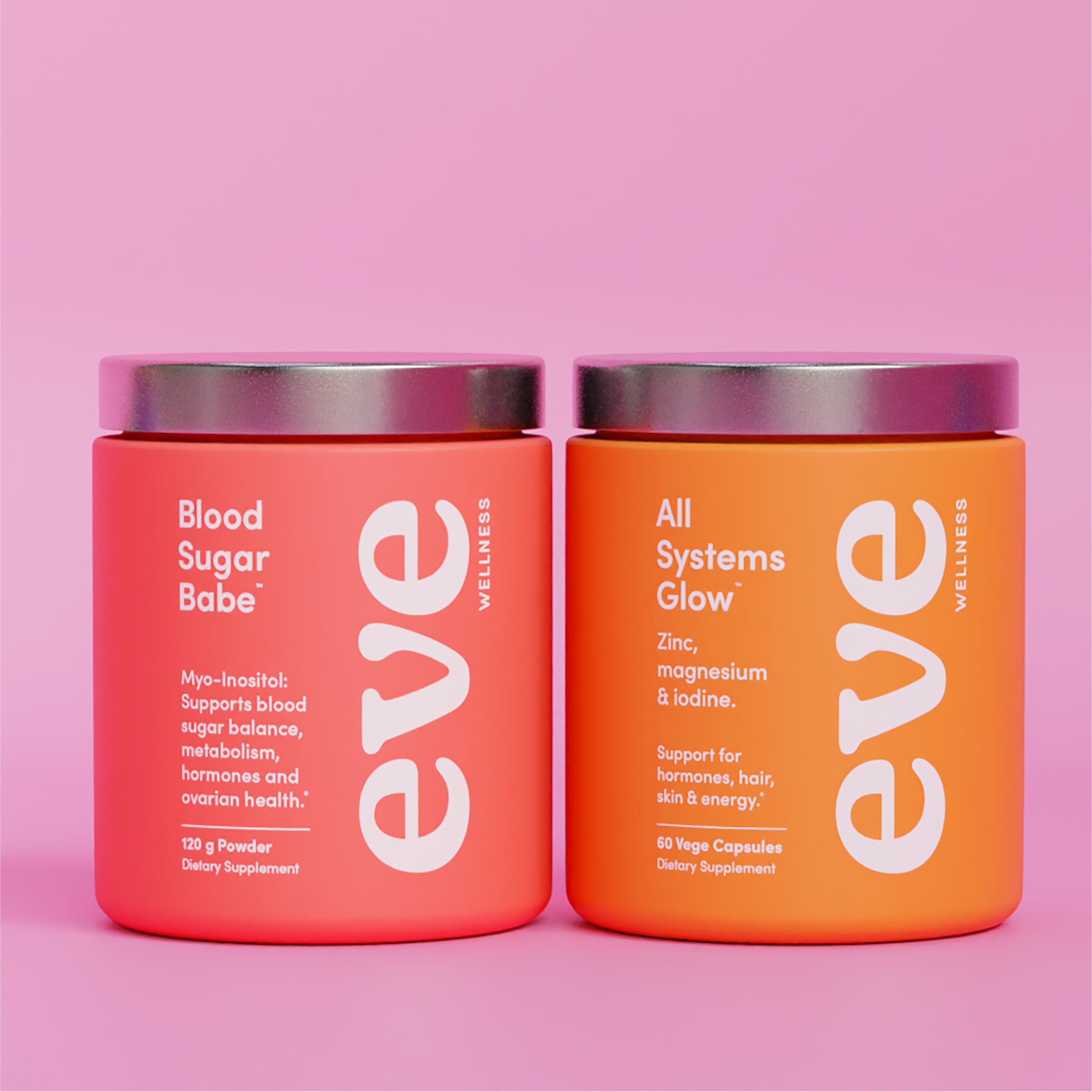The notion that a healthy outside starts on the inside is nothing new. Which is great, because ‘glowing from the inside out’ is a health trend we can totally get behind.
So, what exactly do we mean "from the inside"?
Well, there are a whole range of factors such as what we eat, what our stress levels are like, and the lesser talked about—what our hormones are up to.
Our hormones affect more than just our moods and our periods, and they can make all the difference in our appearance.
Here’s a run down of the important role our hormones play in healthy hair, glowing skin and strong nails.
1. Your Hormones & Your Hair
Our hormones play an important role in the growth and health of the hair on our head and body. Here are a few hair-related signs of hormone imbalance.
Hair Loss
In both men and women, androgen hormones, such as testosterone & DHEA determine hair growth (or lack thereof).
In many cases, hormonal hair loss is linked to an imbalance in a potent testosterone metabolite called dihydrotestosterone (known as ‘DHT’), which can shrink and damage hair follicles.
Higher levels of testosterone & DHT is common in women with PCOS, insulin resistance and those experiencing a post-pill androgen surge.
Body Hair Growth
As a wicked twist of fate, as well as shedding the hair on your head, an excess in androgen hormones and DHT can also result in the growth of unwanted body hair on the face, chest and back.
In both cases, low levels of progesterone can worsen the impact of androgens on hair follicles. This is because progesterone helps to block the enzyme 5 alpha-reductase which converts testosterone to DHT.
Dry & thinning hair
Along with nutrient status and thyroid function, the health of our hair is closely linked to oestrogen, which helps to grow a full, thick head of healthy hair.
Lower levels of oestrogen can affect the health of our hair, which is why women going through menopause, or experiencing a big drop in oestrogen after giving birth can experience dry and thinning hair.
Don’t panic, as your hormones return to normal postpartum and (your body recoups the nutrients it used to grow a small human), your hair should return to normal.
2. Your Hormones & Your Skin
Are you doing all the skincare but your skin just doesn’t seem to care? In our opinion, hormone-care is just as important as skincare for healthy, hydrated and glowing skin. Here’s how our hormones affect the health, aging & appearance of our skin.
Struggling with those hormonal breakouts? Our bestie Period Pal is here to lend a hand. Period Pal supports your overall hormone balance, with quality herbs and nutrients, including: high dose zinc to help you say bye bye hormonal acne, and hello to glowing skin.
Skin health
When it comes to the overall health of your skin, oestrogen in the right amounts is your best friend.
Oestrogen binds to receptors on skin cells and promotes collagen production, skin hydration, thickness, elasticity, healing and improved barrier function.
One study also found that many women self-report more sensitive skin around the time of their period, which researchers suspect could be due to low levels of oestrogen at this time of the cycle.
Skin aging
Along with oestrogen, DHEA also helps to keep skin plump and hydrated, and is often referred to as ‘the fountain of youth’ for its anti-aging qualities.
DHEA is produced by the adrenal glands, and acts as a precursor to other sex hormones, such as oestrogen and testosterone. DHEA in the body declines with age as well as with stress, which is why managing your stress levels and getting your beauty sleep really is key for glowing, youthful skin.
Acne
We have a collection of other blogs dedicated to hormonal acne so we’ll keep this one brief. Similarly to hair loss and body hair growth, hormonal acne is linked to an imbalance between androgen metabolites and the hormones that keep them in check— oestrogen & progesterone.
Androgens crank up the production of sebum (skin oils) along the jawline, cheeks, chin and neck. In short, the more oil that builds up, the more likely you are to develop hormonal acne.
3. Your Hormones & Your Nails
Similarly to how oestrogen nourishes hair and skin, this beauty-promoting hormone also helps our nails grow strong and healthy.
Hydrated nails are healthy nails, and oestrogen helps to keep water in body tissues. This means lower oestrogen levels can contribute to dull, yellow-ish fingernails.
Our sex hormones can also affect how fast nails grow. For example, during pregnancy, where oestrogen and progesterone climb to the highest levels of a woman's lifetime, many women also experience rapid nail growth.
Along with hormones, other factors that play a role in growing strong, healthy nails are nutrient status, amino acid (protein) availability, and thyroid function.
Above all else, hormones & beauty is a balancing act
When it comes to hormones and beauty, balance is key. For healthy hair, skin and nails, we need our levels of key sex hormones to be just right.
